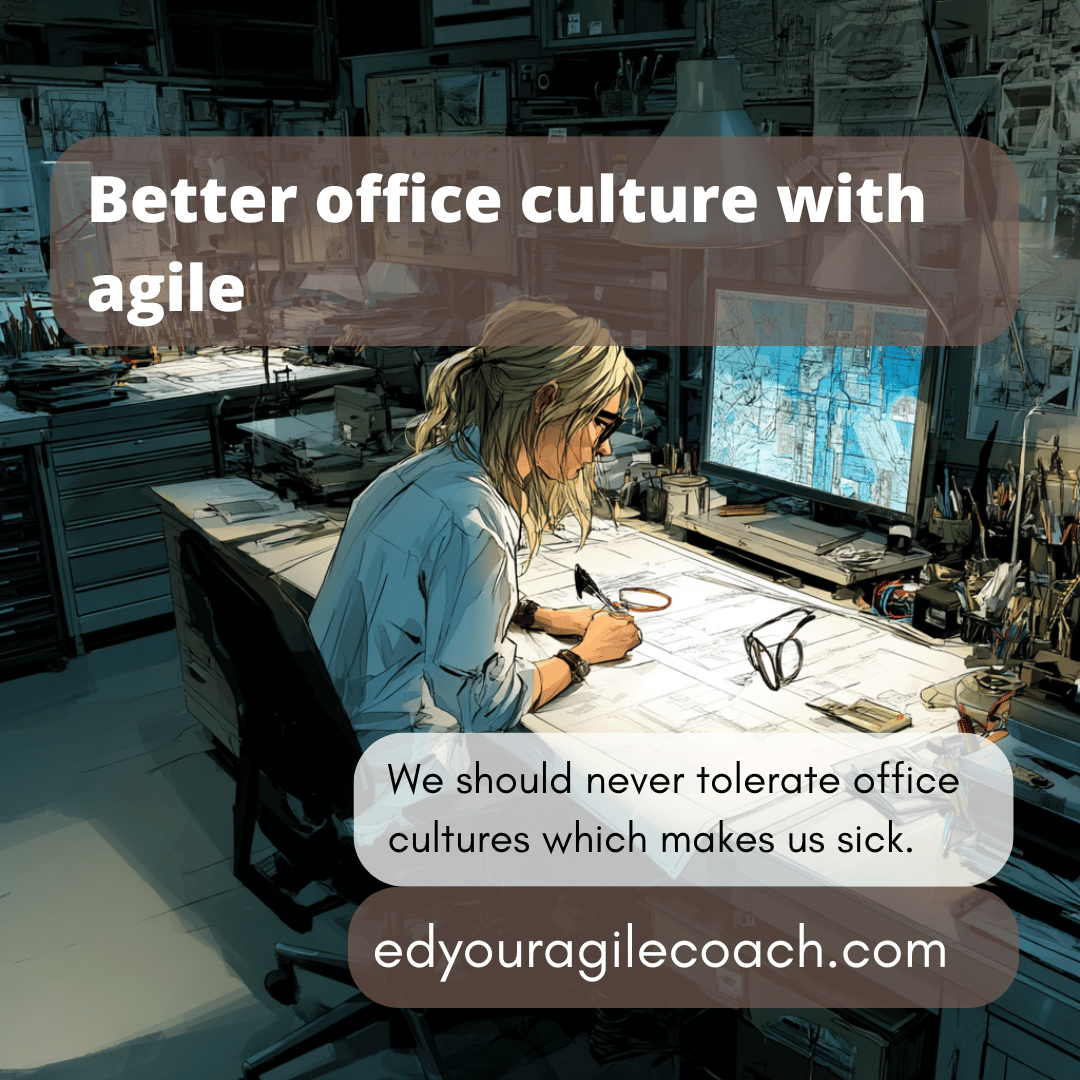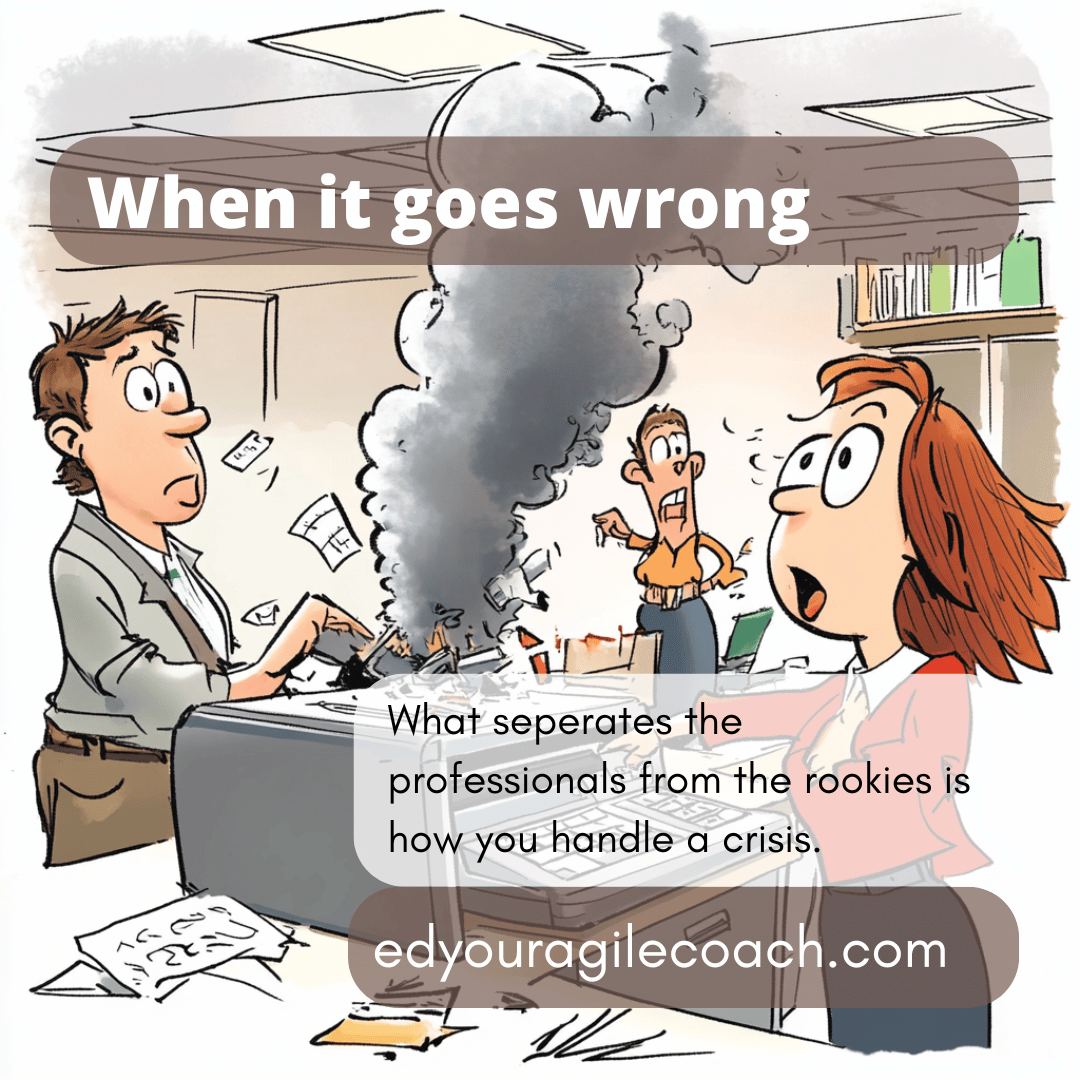Psychological safety in a bipolar business world.

The global economy is a bipolar place. The wealth and highs of success transform people into demigods. The lows reduce human beings into squalid grubs struggling to survive. For the white-collar professional caught in the middle, it feels like a bivouac of army ants. You are being pulled in all directions by the tensions of others and the environment. It is a stoic existence where we have no choice but to rely on others for survival. It is alienating and undermines many of our desire for meaning. The agile coach and scrum master must struggle against this reality each day. In the corporate world, we should treat people as human beings instead of insects foraging to benefit an elite.

The alienation of workers and disengagement are why many consultants and agile experts are starting to discuss“psychological safety.” John Dobbin wrote a great article about the subject on LinkedIn this week. Pioneered by organizations like Google, psychological safety is behavior that allows people to work together in an environment of mutual respect and innovation. It mirrors the work of Kim Scott, a former Googler who wrote the book “Radical Candor.” Aside from being the product of Google’s “don’t be evil” days, these two ideas come from our primitive reptilian brains. Conflict with co-workers, a challenging boss, or business conditions trigger our fight, flight, or freeze reactions to danger. The emotional response is helpful during an avalanche or an attacking lion but can create a toxic sludge in the cubical farms where many of us earn our living.
Unlike a backed-up storm drain, cleaning up the mess from the fight or flight response requires tremendous amounts of emotional labor and a huge dip in productivity. From personal experience, I have had weeks of anxiety and self-doubt thanks to being ridiculed by a manager in front of product owners. The episode gave those same product owners a license to ignore coaching. The sludge becomes more challenging to wade through at the office.
As I have become more experienced as a coach and scrum master, it is clear that psychological safety needs to be encouraged. People need to feel you sincerely care about them and are willing to hold them accountable. Leadership is more about creating this environment of learning than giving orders and controlling others. I am still learning to do this professionally, but the Harvard Business Review is giving me a good head start.
As a knowledge worker, you should not be strung out like an army ant holding the colony together. If the office is a toxic sludge of anxiety, it is time to grab a shovel and start the complex process of creating psychological safety. If we fail, we are doomed to live in a bipolar business world.
Until next time.




Comments ()